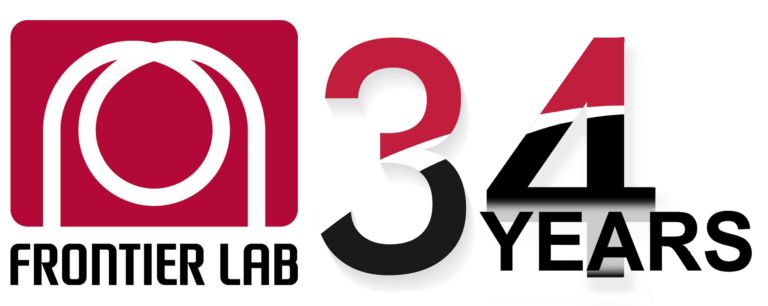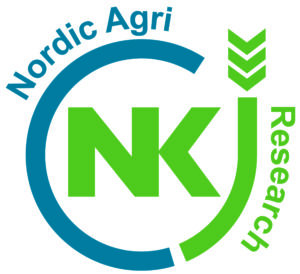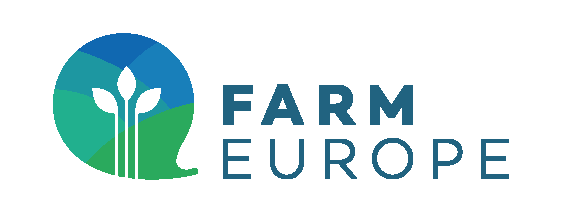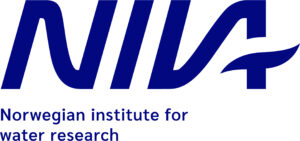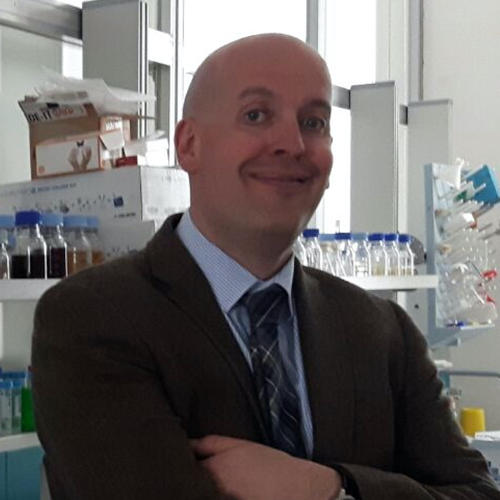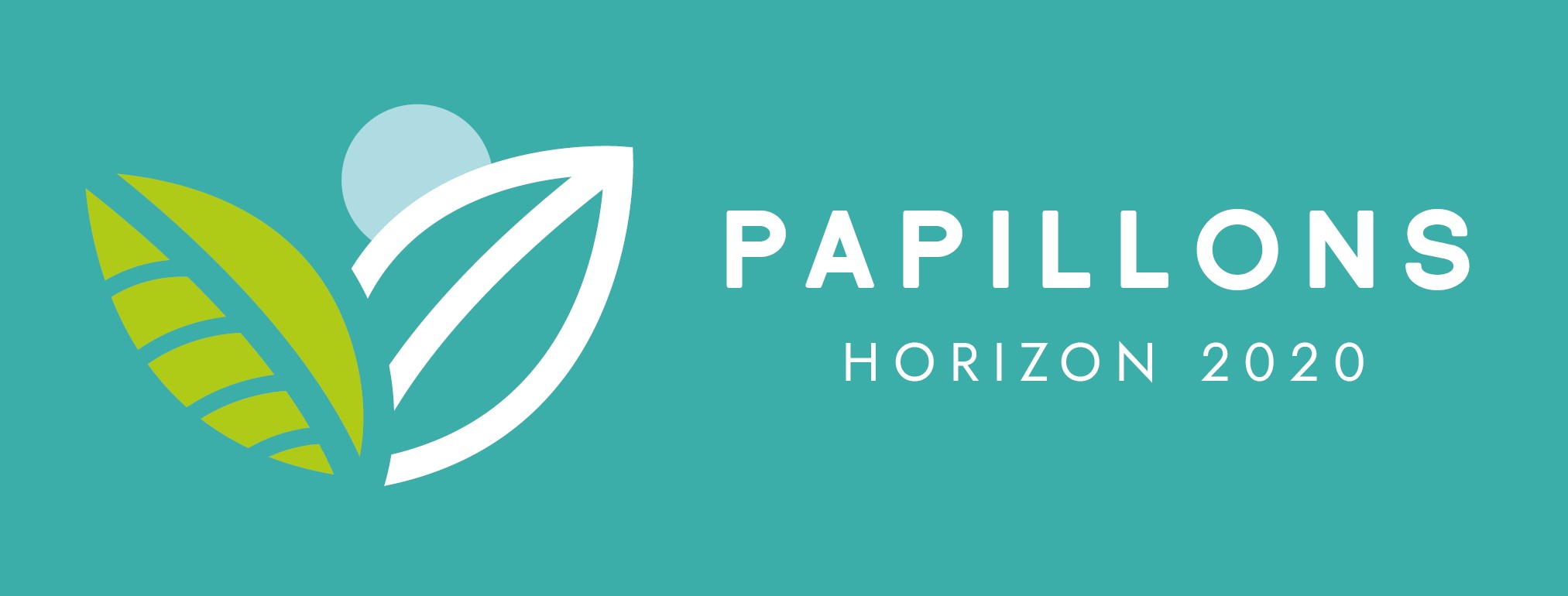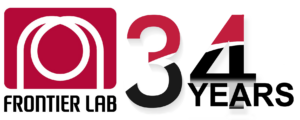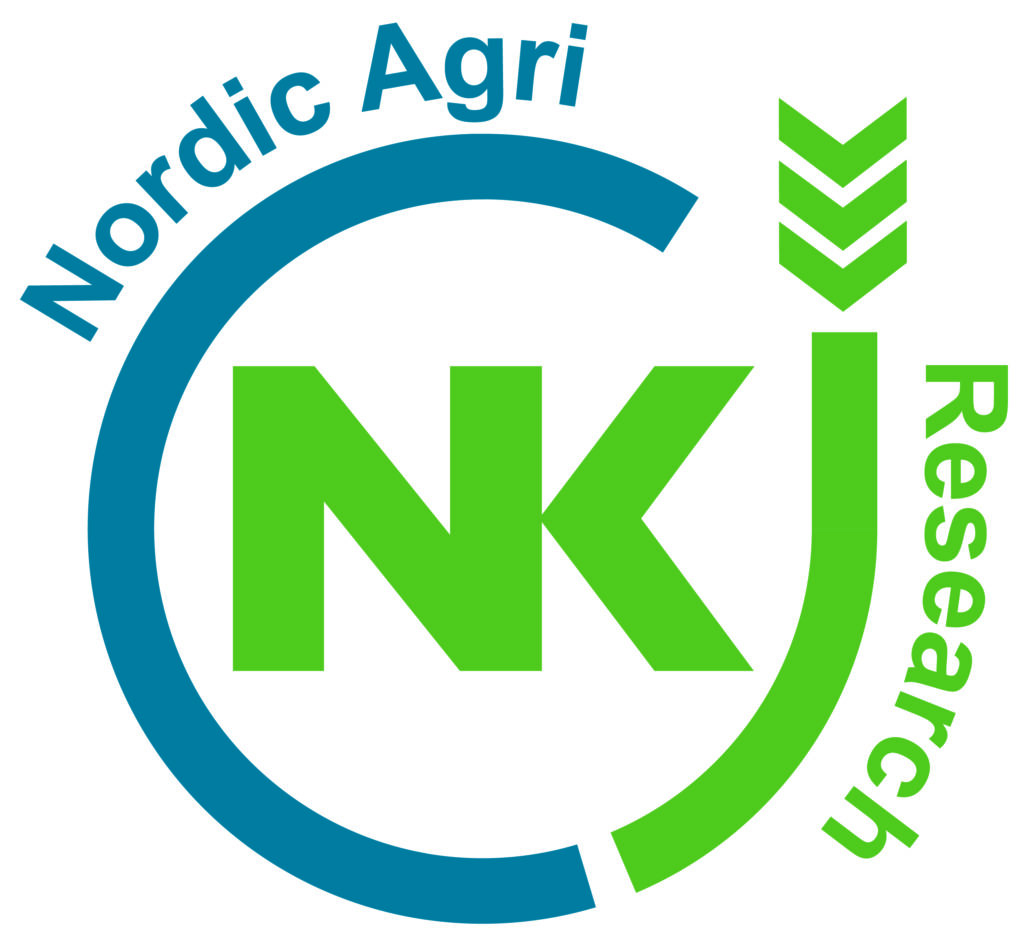Sponsored by:

Location: Brussels, Belgium
Date: 8 - 9th of April 2025
Venue: Thon Hotel EU, Rue de la Loi 75
- 00Days
- 00Hours
- 00Minutes
- 00Seconds
About the Event
AGRIFOODPLAST is an independent research initiative uniting global experts, businesses, and decision-makers working at the crossroads of plastics and food. Plastic plays a vital role in food systems, but its use in agriculture, aquaculture, and fisheries can result in pollution and potential risks for biota and humans. Circularity in the use of food waste and biowaste in agriculture, can also up-concentrate microplastics and their chemical additives in agroecosystems and food. Plastic became also central for food storage and packaging, while the safety of this practice is still ongoing scientific screening.
AGRIFOODPLAST welcomes world experts, decision makers, farmers and businesses to present and debate on these challenges.
- Discuss the latest research on environmental and human risks of nano- and microplastics, and plastic-associated chemicals in food production and packaging.
- Take part in a multi-actor forum of scientists, practitioners, and policy makers;
- Share your vision on safer and more sustainable practices;
- Debate on needed policy developments and implementation measures.
Plastic materials are in most cases known for their high resistance to degradation processes, leading to their accumulation in the environment. Physical and biological agents can disaggregate plastics and bioplastics into micro- and nano-plastics, which pose potential toxicological and ecotoxicological issues. The identification and quantification of micro- and nano-plastics in complex matrixes such as soils, plants, foods and human tissues is uncertain, adding to the difficulty in understanding their potential risks.
While plastic contamination in aquatic environments has been studied for decades, only recently the scientific community shifted its focus to terrestrial environments. Plastics and bioplastics contamination in agricultural affect physical, chemical and microbiological functions of soils. Crops can take up plastic particles and enter the food chain, leading to toxicological effects that are still being investigated and clarified. As plastics are an unavoidable component of agri-food chains, understanding the risks and developing mitigation strategies is crucial.
Important Dates
15th of March 2025
CALL FOR ABSTRACTS open until 15th March at full Price. Notification of acceptance within 2 weeks from abstract submission.
31st of January 2025
Early bird fee registration open until 31st of January
15th of March 2025
Full fee registration open until 15th of March
8th of April 2025
Opening of AGRIFOODPLAST
Call for Abstracts - deadline 15th March 2025 - CLOSED FOR SUBMISSION
We invite researchers, practitioners, and professionals to submit abstracts for consideration.
Submission Guidelines:
- Abstracts should be no more than 1500 characters (including spaces).
- Title: No more than 200 characters.
- Submit your abstract by March 15th.
- All individuals who submit an abstract before February 1st and get it accepted will be eligible for the early bird registration fee.
Topics of Interest:
- Sources, occurrence and behaviour of plastic pollution from agrosystems (terrestrial agriculture, fisheries and aquaculture)
- Microplastic, nano-plastics and plastic chemical additives in food
- Toxicological and ecotoxicological impacts of plastics in the agrifood chain
- Innovation in agriplastics design for environmental sustainability
- Holistic, circular and evidence-based approach for sustainable plastic management in agriculture
Conference Sessions
Invited speakers

Annalisa Corrado
MEP – Committee on the Environment, Climate and Food Safety

Werner Bosmans
DG ENV – Policy Officer, Unit Circular Economy

Mirco Barbero
DG ENV – Team Leader of Soil Team of the Unit Land Use & Management, European Commission

Richard C. Thompson
Professor of Marine Biology at Plymouth University, renowned for his pioneering research on microplastics in marine environments. Among the first to identify microplastics as a global pollution issue he has significantly influenced policy and environmental regulations on plastic pollution. His work has shaped international discussions, including contributions to the UN and EU plastic policies.

Lev Neretin
Head of Environment and Social Management Unit, Office of Climate Change, Biodiversity and Environment (OCB) at FAO.

Rachel Hurley
Research Scientist, Norwegian Institute for Water Research (NIVA), Deputy coordinator of PAPILLONS

Christian Laforsch
Chair Animal Ecology, Faculty of Biology, Chemistry and Earth Sciences, University of Bayreuth

Bert Van Bavel
Chief Scientist at the Norwegian Institute for Water Research (NIVA), leading expert in environmental pollutant analysis and quality control. Key contributor to the EU EURAMET project PlasticTrace.

Esperanza Huerta-Lwanga
Leader Researcher, Wageningen University

Violette Geissen
Professor of soil degradation and land management at Wageningen University and Coordinator of MINAGRIS
International Organising Scientific Committee
- Caroline de Tender (Ghent University)
- Esperanza Huerta-Lwanga (Wageningen University)
- Ildiko Heim (Research Institute of Organic Agriculture -FiBL)
- Joe Yates (The London School of Hygiene & Tropical Medicine)
- Kees van Gestel (Free University Amsterdam)
- Laura Zantis (Leiden University)
- Violette Geissen (Wageningen University)
- Lev Neretin (The Food and Agricultural Organization of the United Nations)
- Raffaella Meffe (IMDEA Water)
- Salla Selonen (Finnish Environment Institute– SYKE)
- San van Loon (Free University Amsterdam)
- Sannakajsa Velmala (Natural Resources Institute Finland - LUKE)
- Thijs Bosker (Leiden University)
Local Organising Committe
Farm Europe and the Norwegian Institute for Water Research (NIVA)
- Luc Vernet (Farm Europe)
- Alessandra Diana (Farm Europe)
- Micol Cattana (Farm Europe)
- Noelia Santamaría (Farm Europe)
- Luca Nizzetto (NIVA)
- Amy-Kristine Andersen (NIVA)
- Rachel Hurley (NIVA)
- Valentina Tartiu (NIVA)
- France Collard (NIVA)
Sponsored by:
Interested in Sponsoring the event?
Find our rates here: Agrifoodplast – Sponsor packages
Or contact us at papillons@farm-europe.eu to get further information

